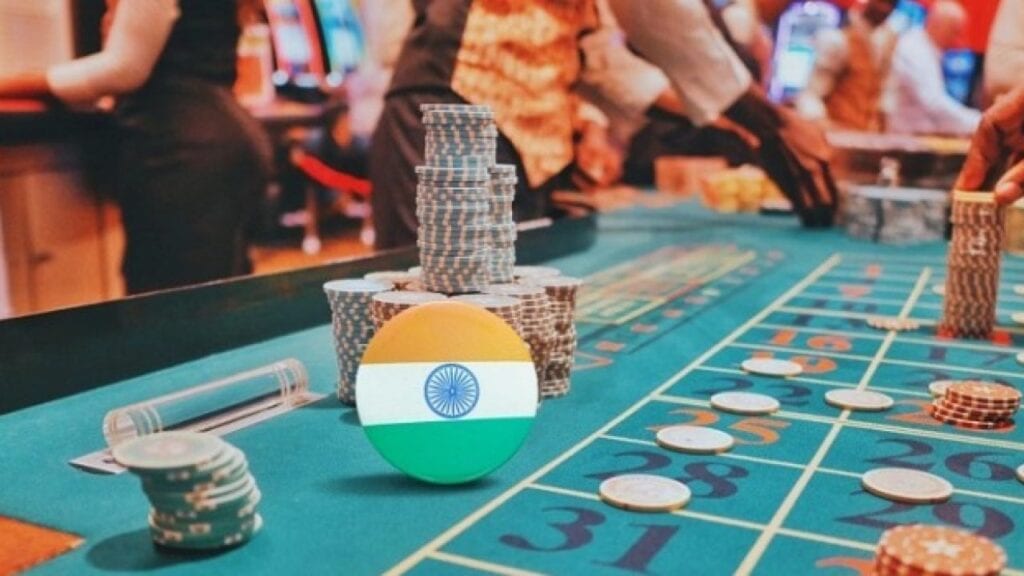In a sovereign state, the law is supreme. Giving to the fact that laws are made by imperfect men and systems, the need to either repeal or amend them is an important assignment that law-making authorities are obliged to do.
When certain laws are repealed, it may be because of their gross imperfection and lack of credibility among the electorate. The amending that some of them have undergone could stem from a position of making the law work more effectively in a modern economy. Although, the debate that goes into the process of invalidating, repealing, or amending a law may be rigorous and may pitch certain ideological groups against each other. Nevertheless, the overall aim of this is to make society efficiently governed.
Worthy of elaborate discussion in this matter is the curious case of our gambling laws in India. For decades we have avoided the elephant in the room and have not yet straightened up the confusing and outdated laws that relate to gambling. The legal loopholes that have been created through these vague laws are thus being capitalized by online casinos active throughout India from within and abroad.
India’s Gambling Laws

India has a population of over a billion people. This immense size of this market put together with a centuries-long culture that comes with an enthusiasm to make wagers would automatically make gambling business opportunities incredibly lucrative ventures. Sure enough, there are several who do this successfully. India is already home to many casinos, sports tournaments, and poker players. Sports betting in particular is very popular. Be it cricket, football, or horse racing. However, sportsbook participation is currently very limited relative to its potential. This is attributed to punters being unsure whether they can, or even how they can make wagers in a legal fashion. Pundits have had a Herculean task of determining and explaining the legality or the illegality of new modern forms of gambling, especially with regards to online casinos and bookmakers.
This is very confusing to both clients and operators, with the latter having to throw caution to the wind more than ever because they do not know whether or not there will be repercussions.
That being said, the current stance that has been taken by the majority of operators is to follow the letter of the law. Nowhere in current law is there any restriction of internet access to gambling services. Furthermore, there is no text that prohibits overseas casinos from operating online in India. This is a common interpretation validated by Casinos-India.in and other gambling ombudsmen and casino comparison websites that focus on giving advice to players from India.
Taking a step back from federal law and looking at the states, there are further layers of complication. Gambling laws have been legislated at both the federal level and state level. This is nebulous in away. If the gambling law enacted by the federal government gives permission to certain forms of gambling, and the state law disallows such, the law at the state may be enforced, irrespective of the permission the federal law has granted and vice versa. We can confidently say that the reconciliation of both federal and state laws on gambling is very difficult and as such made gambling frustrating for both operators and players.
What do Gambling Laws say in India?

The Public Gambling Act of 1867 (which, of course, has been amended to incorporate all other states from the initial ten states it applied to under the British control at that time), stipulates that it is illegal to operate a venue and visit a venue where gambling took place.
Just for the record, the act never gave an ample definition of what gambling actually entails. More specifically, observers have for a long time not been precisely clear on whether skill-based games like poker, blackjack and even cricket betting also constituted as gambling. Adding even more unnecessary confusion to the equation is that horse racing is universally legalized at the state level. It’s no surprise that racecourse bookmakers are known to also offer legal services alongside pool betting! This exemption to the law based purely on its popularity and its capacity to draw audiences is nevertheless highly inconsistent. And yet remains unresolved. However, these contradictory laws might not escape attention for much longer. A cursory look at this 2018 government report shows that there is an acknowledgment that India’s gambling regulations need to be less vague.
Overseas Online Casinos Are Capitalizing on the Legal Loophole to Operate

This being the age of the internet, many Indian residents have their wagering needs met at the tap of their phone screens visiting online casinos. The virtual realm being what it is, you may be sitting in your living room in Bhopal, you will find that the casino site is not hosted in India but in France so allowing you to play their casino games online. This ample technological reality is what has opened the doors to overseas businesses breaking into the Indian market without infringing a single letter of the law. It is such use of loopholes that erode any limitations any federal laws intended to have placed upon gambling.
If one is to critically look at the laws regulating gambling in India (specifically the Public Gambling Act of 1867) no reference is made to a casino online. That is quite understandable. The law predates the internet age of course. But because of the way the laws are written, one is in a quandary whether to illegalize or legalize online gambling in India just because of exemption or the prohibition of gambling through the Acts.
One could lay reference to the Information Technology Act of 2000 which highlights some activities as being offensive on online activity. Despite this act, online gambling is equally exempted from the act even though foreign websites can be blocked by the Indian government through this act.
However, things are slowly changing in India. The state of Sikkim has been in the process of regulating online casinos in India through the issuance of licenses to operators. With any luck, this is a trend that, if successful, will soon legalize gaming on the federal level through the entire sub-continent.
 Imagup General Magazine 2024
Imagup General Magazine 2024



